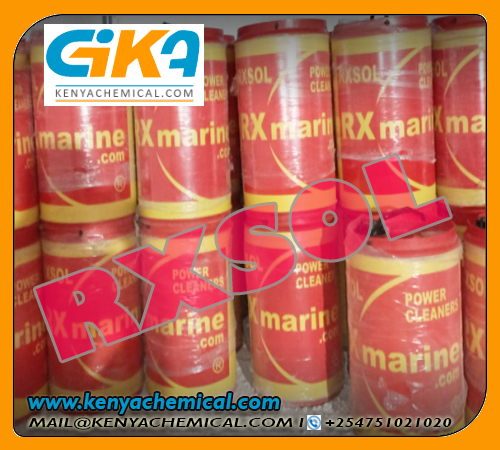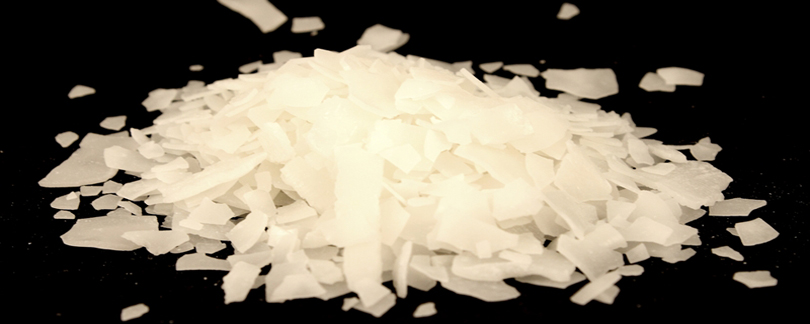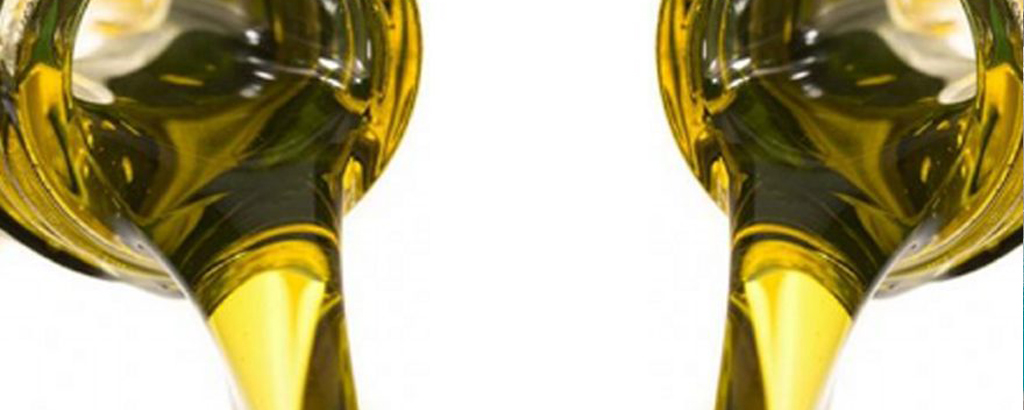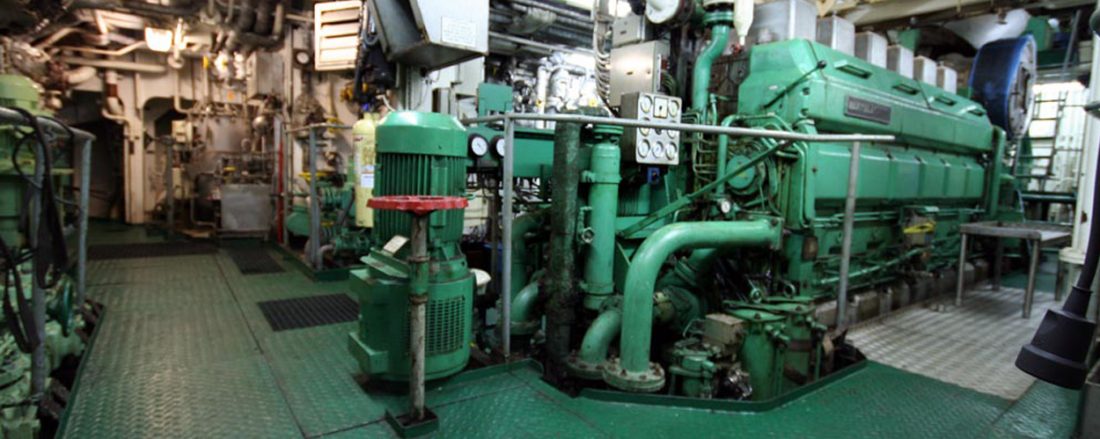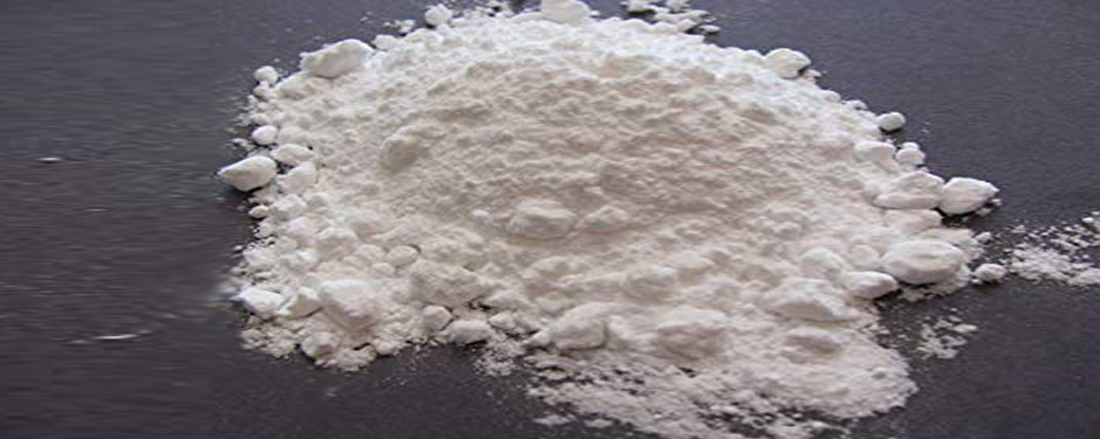ALKALINE CLEANER, LAC, Alkaleen Sodium Hydroxide Based, Eazy AquaLAC, SEA SHIELD TANK ALKALEAN 79109, Redox Heavy Duty Cleaner, Accell Clean, Alkaline HD Cleaner 210 Ltr,Alkleen Heavy Duty Liquid
Well balanced alkaline cleaner. It is free hydrocarbon solvents.Gentle & suitable for tank cleaning operation. A very strong sodium hydroxide based alkaline cleaner, which can be used to soften up / remove baked on drying oils and also used after animal and vegetable oils, fish oils, tall oils, tung oil etc. It is a low toxic product with an exceptional solvency power on soil & oily matter.It is free from Hydrocarbon solvents , Biodegradable and minimizes the extreme hazards to personnel in handling materials.
If cargo / tank is not suitable to use alkaline cleaner then substitute of this product is Neutral Based cleaner i.e HCF Remover HD 210 Ltr
Re-circulation Method :
Fill tank with fresh water and heat up to warm 50 oC .IF a drop line is available on the tank line system, then start to circulate the water and add the required amount of Caustic flakes and LAC to make a 2.5% solution. A stronger solution can be made, but be advised that too much Caustic and too high temperature will result in white powder all over the tank. Under normal circumstances, between 2.5% and 4.5% will be sufficient strength. If there is no drop line, then lower butterworth hoses into the tank from the pump stack header without machines attached and circulate through these hoses while you fill the solution material.
* Use a strainer at the pump stack when circulating any solution.*
Tank Lining – Stainless / Epoxy / Phenolic
Suitable for soften up / remove baked on drying oils and also used after animal and vegetable oils, fish oils, tall oils, tung oil etc. Gentle & sutable for tank cleaning operation and depositing area.
-
Removes grease, oil, carbon deposits, soil and grime.
-
Keeps loosened deposits in suspension preventing re-deposition.
-
Low toxic. , Non-flammable.
-
Free from hydrocarbon solvents.
-
Effective and economical in use , Water-based cleaner.
-
RXSOL-20-2015-210 has numerous cleaning applications including removal of greases, waxes,
-
oil, sludge, soot, carbon deposits and general dirt and grime.
-
Non-corrosive to ferrous metals. Suitable for all tank-coatings.
-
Can be used for gas and hydrocarbon freeing of tanks.
-
Can be used for deodorizing
- Contains wetting agents.
NOTE : Acts as an acid-neutralizing agent.
It can be used as a general purpose cleaner to remove oil and grease deposits. First of all flush the system with cold water to prevent evaporation rates and polymerization then the most economical method of using RXSOL-20-2015-050 is by direct injection followed by recirculation washing, using tank cleaning machines. Spraying Method - Using LAC as delivered in drums, spray onto areas where residue remains following rough washing leave for 10-45 minutes (but do not allow to dry), then butterworth at maximum pressure and warm water 60oC for at least 3 hours, checking that there is no foam remaining in the final stages. Inspects tanks(s) and if desired result has been achieved fresh water rinse and dry.
** Make sure to take all safety precautions are followed when handling / spraying RXSOL-20-2015-050
Injection Method – not applicable.
Vegetable and Animal Oils (Cleaning Procedure)
For effective cleaning of animal and vegetable oils the first cleaning step is of utmost importance. Vegetable oils are divided in:
- Non-drying products
- Semi-drying products
- Drying products
- Fatty acids Non Drying Products
1. Butterworth the tank with seawater or freshwater with a temperature 20°C. above the melting point of the product to be cleaned. After sufficient pre-cleaning of at least 1.5 hours the temperature can be increased. Drying and Semi-drying ProductsThese are oxidising products and through reaction with oxygen they will dry and harden. Tank cleaning should be executed as soon as possible after discharge. High temperatures (e.g. cleaning or steaming) and heated cargoes in adjacent tanks should be avoided.
2. Butterworth the tank with cold to warm seawater or freshwater.If the product has a higher melting point Butterworth the tank with seawater or freshwater with a temperature maximum 10°C above the melting point of the product. After sufficient pre-cleaning of at least 1.5 - 2 hours the temperature can be increased. Fatty Acids or vegetable/animal oils with high free fatty acid contentsee the cleaning suggestion of Fatty Acids.
3. If seawater was used in step 1 it is of utmost importance to flush/rinse the tank with freshwater before cleaning as per step 3 is continued.
4. Final cleaning Prepare the following solution in freshwater (see table):
-
Make solution a emulsification 0. 4 % RXSOL-20-2015-210 Butterworth the tank with the prepared solution for 1, 5-2, 0 hours by recirculation. The necessary temperature can be achieved / maintained by means of heating coils, cargo heat exchanger or Butterworth heater. Depending on the amount of product residues the solution can be used for 1 to 4 tanks. On some vegetable/animal oils it is recommended to saponify additionally the product residues (see table): Therefore prepare one of the following solutions (B or C) in
freshwater (see table):
5. continuedButterworth the tank with the prepared solution for 1, 5-2, 0 hours by recirculation. The necessary temperature can be achieved /maintained by means of heating coil (service tank) cargo heat exchanger or Butterworth heater. If RXSOL-20-2015-210 is used the cleaningtemperature should be 60-70°C. And If sodium or Potassium Hydroxide is used the cleaning temperature should be 60.C. If RXSOL-20-2015-210 is used the cleaning temperature can be 70-80°C. Depending on the amount of product residues the solution can be used for 1 to 3 tanks.
6. Butterworth the tank 1 hour with hot seawater
7. Rinse the tank with fresh water
8. Inspect the tank; if white residues or a white film is present (calcium/magnesium soaps or carbonate) Butterworth the tank with one the following solution: 3-5% RXSOL-16-1011-210 ( www.rxmarine.com/metal-brite-210-ltrs-pkg ) The cleaning temperature should be moderate (50°C.) Use heating coils not the Butterworth heater.
9. Flush the tank with fresh water
10.Ventilate, mop and dry the cargo tank.

